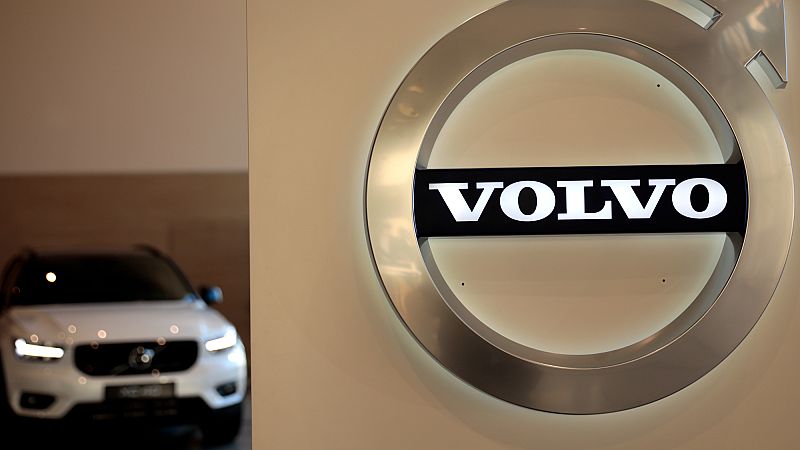
Volvo Cars announced worldwide sales of 59,822 cars in May, which was a decrease of 12% compared with the same month in 2024. This was partly due to the company struggling with recently imposed US automotive tariffs.
Electrified models — both plug-in hybrids and fully electric vehicles — made up 44% of all car sales in May. This was a fall from 66% in May 2024. While fully electric models made up 21% of all May sales, plug-in hybrid models accounted for 23%.
The best-selling model in May was the XC60, which sold 19,408 units — a slight dip from the 20,507 units sold in the same month last year. The XC40/EX40 model took second place, with 14,892 units sold — an increase on May 2024’s 13,640 units.
The third best-selling model was the XC90 with 8,794 units sold in May 2025. By contrast, 9,072 units of this model were sold in May 2024.
As of December 2024, Volvo Cars had about 42,600 full-time employees, with its head office based in Gothenburg, Sweden, and production plants across the US, Belgium and in China.
Volvo Cars starts implementing cost-cutting initiatives
Volvo Cars also recently announced that it would be slashing 3,000 jobs, as part of wide-ranging cost-cutting measures, which are expected to save the company about SEK 18 billion (€1.6bn).
These layoffs will primarily affect office-based positions in Sweden, which make up around 15% of Volvo Cars’ white collar workforce. Out of these 3,000 layoffs, around 1,000 will be consultant positions.
Earlier in May, the company laid off 5% of its staff in its Ridgeland, South Carolina facility, which accounted for 125 roles.
Volvo Cars said in a press release about the redundancies on its website: “These structural changes are necessary for Volvo Cars to deliver on its long-term strategy, strengthening its foundations for profitable growth.
“Volvo Cars remains firm on its ambition of becoming a fully electric car company, as fully electric is the fastest growing market segment and Volvo Cars is a leader in this transition.”
Back in 2021, the company revealed that all its models would be electric by the end of the decade. However, it has pushed back this goal, citing rising uncertainties due to electric vehicle (EV) tariffs in many markets.
Apart from tariffs, slower European sales and the higher cost of materials have also affected several major car companies in Europe.
Nissan, Ford, General Motors, Volkswagen, Tesla and Stellantis have all announced layoffs in the last few months, as car companies scramble to become more efficient and adaptive in the current uncertain economic environment.







